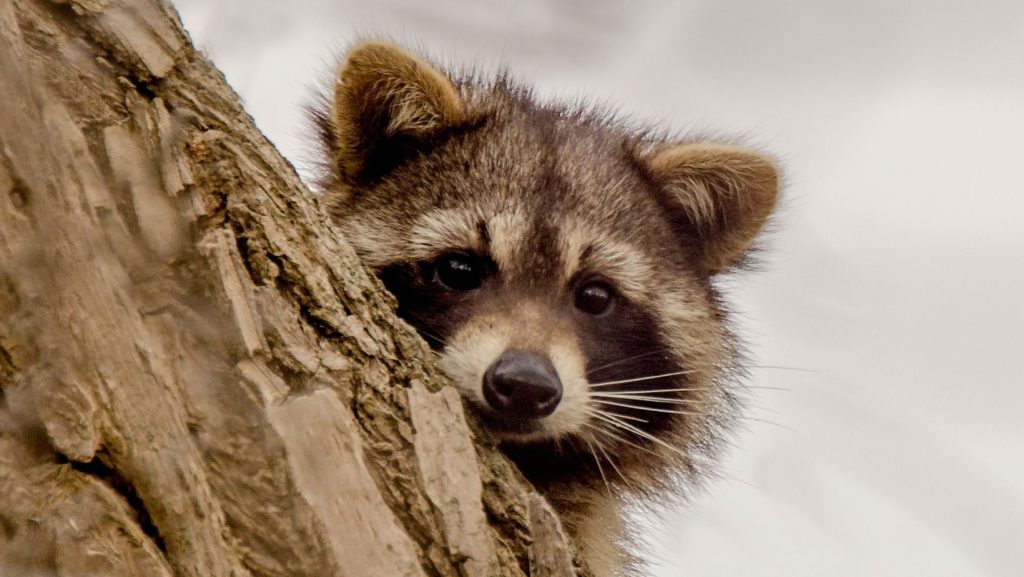Residents Reminded To Never Approach Wild Animals

Warmer weather has arrived and with it comes an increased potential to encounter wild animals. South Health District’s Environmental Health Department wants to remind residents that several species of wild animals native to South Georgia – including raccoons, foxes, and bats – can carry rabies.
With the increased likelihood of encountering one of these animals, it is important to remember to never approach wild animals at any time and to always stay aware of your surroundings.
Rabies is a potentially deadly virus that is primarily spread by infected animals. SHD’s Environmental Health office offers these tips to protect you and your family from rabies:
- Avoid contact with animals you don’t know.
- Make sure your pets receive the proper immunizations. Dogs and cats should get rabies vaccines by four months of age, followed by a booster shot one year later, and another one every year as prescribed by your veterinarian.
- Do not handle, feed, or unintentionally attract wild animals with open garbage cans or by leaving pet food out at night.
- Never adopt wild animals or bring them into your home. Do not try to nurse sick animals to health. Call animal control or a properly licensed animal rescue agency for assistance.
- Teach children to never handle unfamiliar animals, wild or domestic, even if they appear friendly.
“We want to remind residents to never approach a wild animal and to always be aware of their surroundings,” says Chris Calhoun, South Health District Environmental Health Director. “If a person is bitten by an animal, wild or domesticated, they should seek medical attention immediately and report the bite to Animal Control and the health department.”
Symptoms of rabies in animals include a change in behavior, biting, aggression, showing no fear of natural enemies (such as humans), foaming at the mouth, and paralysis.
If an animal ever bites you, seek medical care immediately and report it your local health department and Animal Control.
